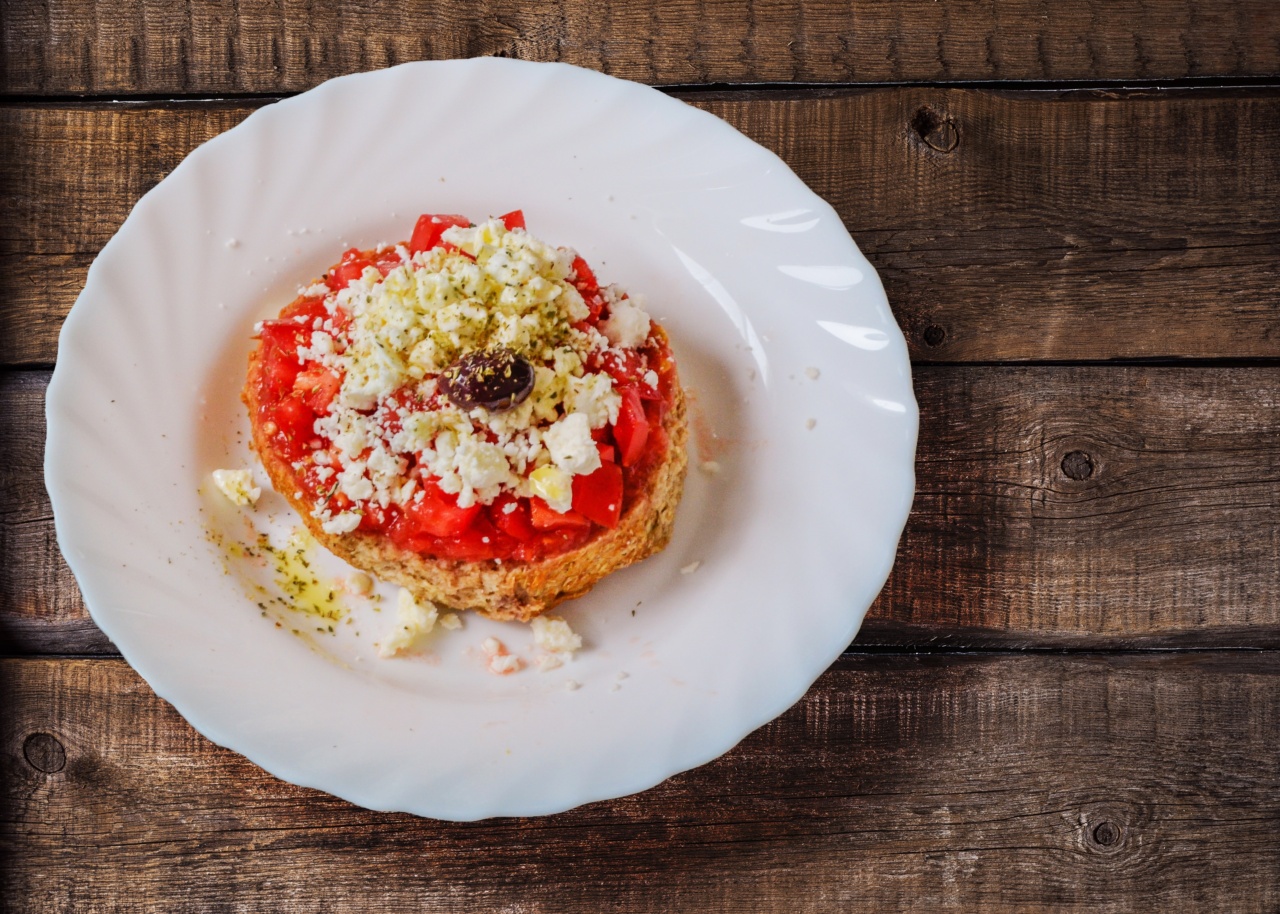For years, white bread has been a staple in many households. It’s cheap, widely available, and easy to work with. However, with the rise of healthier eating habits, white bread has come under fire.
It’s high in simple carbohydrates, which can cause spikes in blood sugar levels. Plus, it’s often low in fiber and other nutrients we need to maintain a healthy diet.
So what’s the solution? Meet the tough carbohydrate.
What is a tough carbohydrate?
A tough carbohydrate is a type of complex carbohydrate that has a slower, steadier impact on our blood sugar levels than simple carbohydrates like white bread.
The term “tough” refers to the fact that these carbs have a more rigid, fibrous structure than their simpler counterparts. As a result, it takes longer for our bodies to break them down into glucose and absorb them, which can help keep our blood sugar levels more stable throughout the day.
Examples of tough carbohydrates
Some examples of tough carbohydrates include:.
- Whole grain bread
- Brown rice
- Quinoa
- Barley
- Bulgur
- Millet
- Buckwheat
- Beans
The health benefits of tough carbohydrates
Tough carbohydrates have a number of health benefits that make them a great alternative to white bread and other simple carbs. Here are just a few:.
- They are lower on the glycemic index. Because tough carbohydrates are broken down more slowly than simple carbs, they have a lower glycemic index. This means they don’t cause the same spikes and crashes in blood sugar levels that simple carbs can.
- They’re high in fiber. Most tough carbohydrates are high in dietary fiber, which can help regulate digestion, lower cholesterol levels, and keep us feeling full for longer periods of time.
- They’re full of nutrients. Tough carbohydrates are often whole foods that contain a variety of essential nutrients, including B vitamins, iron, zinc, and magnesium.
- They’re a great source of sustained energy. Because they’re broken down more slowly, tough carbohydrates provide a more steady source of energy throughout the day, which can help us stay focused and alert.
How to incorporate tough carbohydrates into your diet
If you’re ready to make the switch from white bread to tough carbohydrates, here are some tips to get you started:.
- Swap out white bread for whole grain bread or other whole grain products, such as whole wheat pasta or brown rice.
- Experiment with different types of grains, such as quinoa, barley, or bulgur, in your meals.
- Try incorporating more beans into your diet. They’re a great source of protein and fiber, and can be used in a variety of ways, from soups and stews to salads and dips.
- Use vegetables as a base for your meals. Roast sweet potatoes or other starchy vegetables and use them as a bed for your protein and other toppings.
Conclusion
If you’re looking for a way to improve your diet and maintain stable blood sugar levels, consider incorporating more tough carbohydrates into your meals.
With their high fiber content, essential nutrients, and sustained energy, they’re a great alternative to simple carbohydrates like white bread.






























